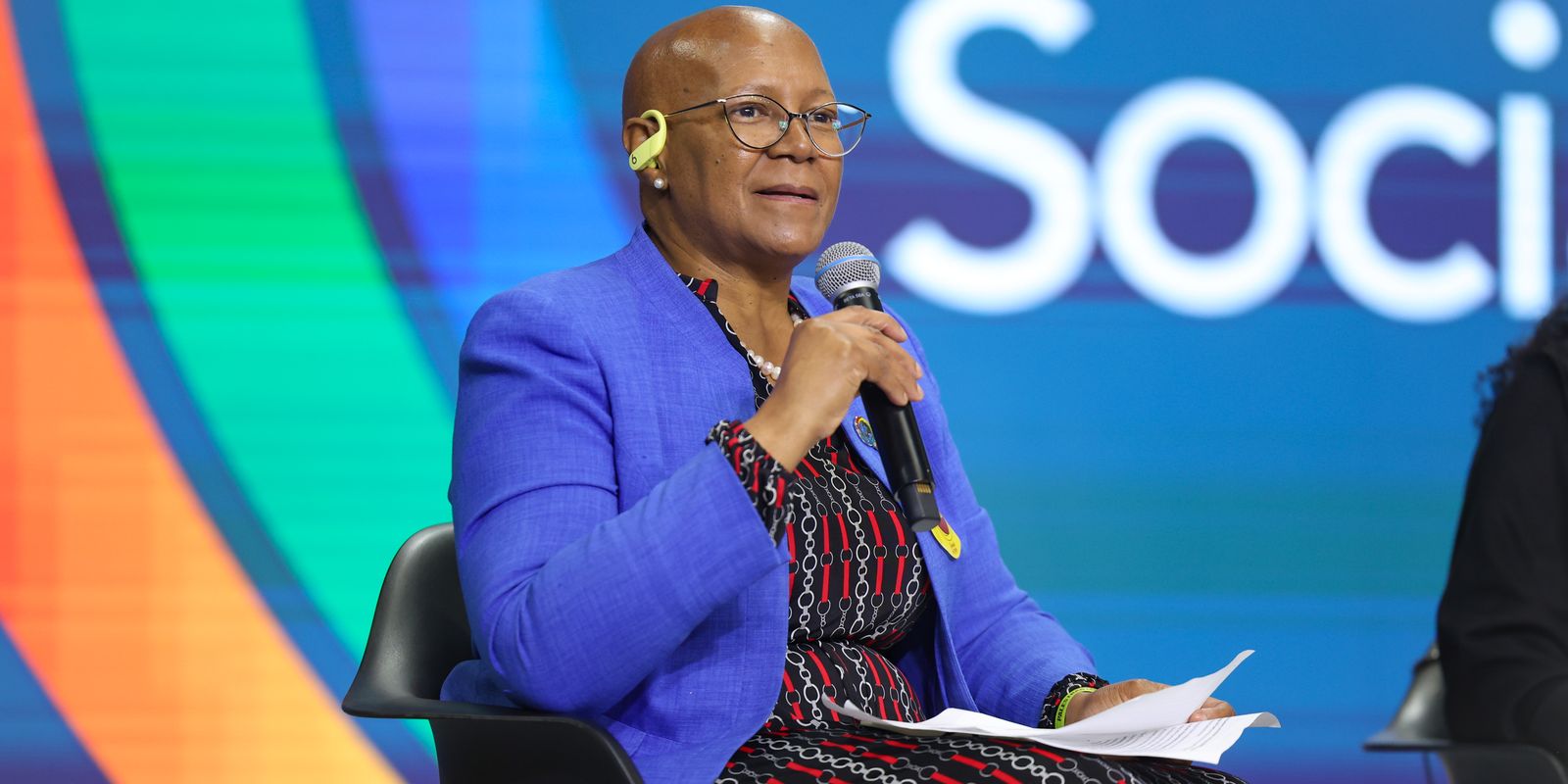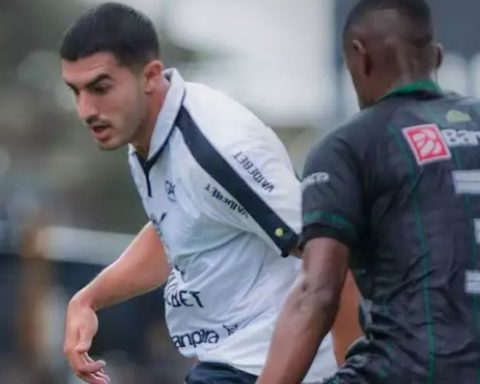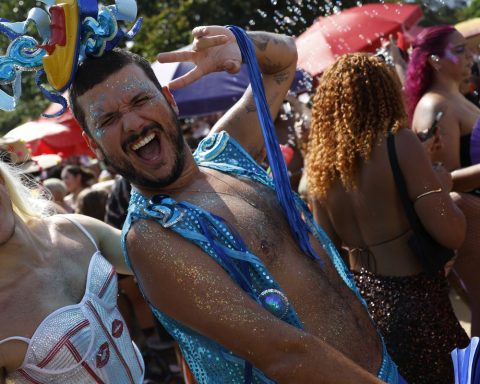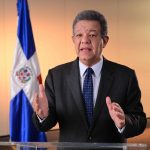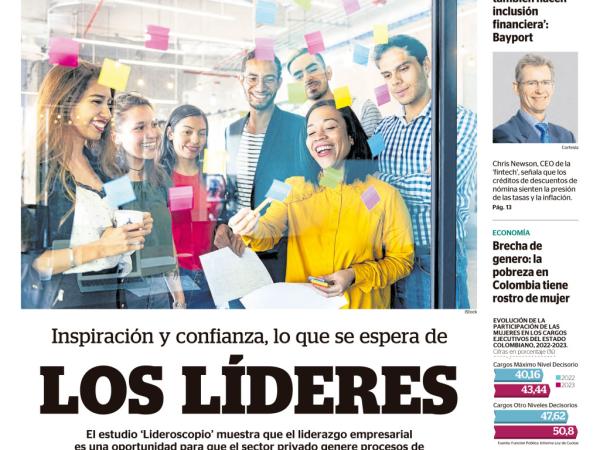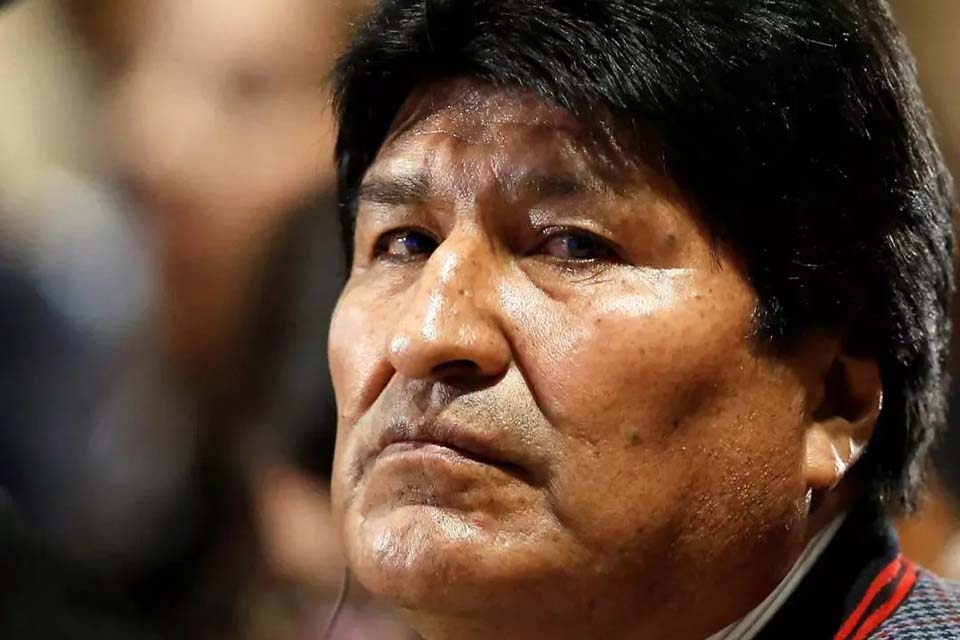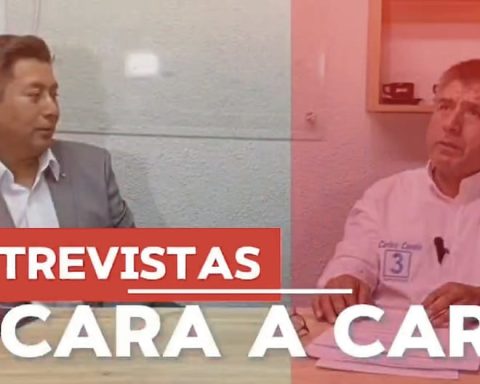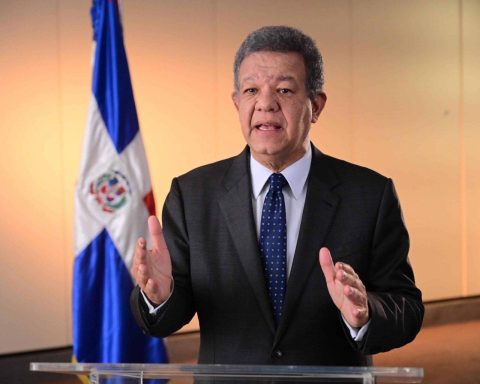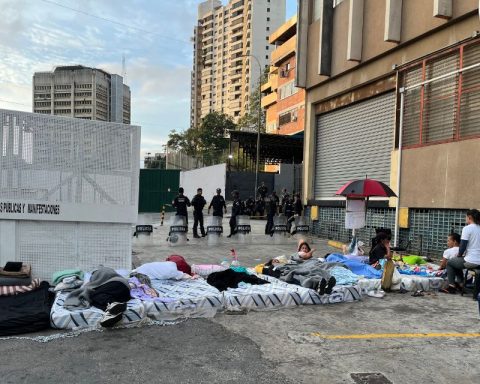Representatives from Africa participating in the G20 Social, in Rio de Janeiro, stated this Friday (15) that Brazil is one of the main global leaders in initiatives and knowledge to combat hunger, with the Bolsa Família program being a public policy that serves of inspiration for other countries. 
Africa is one of the regions on the planet that suffer most from food insecurity. According to the Food and Agriculture Organization of the United Nations (FAO), between 713 million and 757 million people may have faced hunger by 2023, one in 11 people in the worldand one in five in Africa.
Still according to the FAO, the amount of hungry people in Brazil fell in 2023. In 2022, severe food insecurity afflicted more than 17 million Brazilians. Last year, this number became 2.5 million, that is, a reduction of 85%. The percentage of the Brazilian population living in this situation went from 8% to 1.2%.
The G20 Social is an initiative of Brazil’s temporary presidency of the G20 – the 19 largest economies in the world plus the European and African Unions – and allows coordination between organized civil society, while also providing rapprochement with authorities and world leaders.
The event takes place on Olympic Boulevard, in the port area of Rio de Janeiro, where a plenary session open to the public on combating hunger, poverty and inequalities was held this Friday.
At the speaker’s table were the Minister of Development and Social Assistance, Family and Fight Against Hunger, Wellington Dias; the president of the National Council for Food and Nutritional Security (Consea), Elisabeta Recine, in addition to two African representatives, Nosipho Nausca-Jean Jezile, South African ambassador to the FAO; and Ibrahima Coulibaly, from Mali, president of the Pan-African Farmers Organization.
The meeting took place on the same day that information was announced about the initial reach of the Global Alliance against Hunger and Poverty, one of Brazil’s priorities as temporary president of the G20.
Commitments already made allow us to estimate that the international initiative has the capacity to reach 500 million people with income transfer programs and social protection systems in low and lower middle income countries until 2030.
Compliments
In an interview with Brazil Agency After the plenary, South African Nosipho Nausca-Jean Jezile praised the Brazilian international alliance initiative, which is open to the accession of countries other than those that form the G20.
“It is an important alliance that unites civil society with governments to implement public policy that will transform people’s lives around the world. The Alliance against Hunger is the main legacy of the Brazilian presidency”, he declared.
The FAO ambassador also highlighted the importance of family farmers and traditional communities, such as indigenous people, in food production. “It is a critical element in moving towards food security,” he said.
During the plenary, Nosipho Jezile had already said that Brazil “has been able to understand what elements must be taken into consideration when taking action against hunger, based on evidence to seek answers”.
Among the measures identified as a path to guaranteeing food security are income transfer programs, such as Bolsa Família, baby food in daycare centers and schools, solidarity kitchen programs and support for small producers.
Nosipho Jezile pointed out that South Africa has an income transfer policy similar to Bolsa Família. “It’s a program that inspires us and can make a difference in economic and social inclusion,” he said.
According to the representative of the United Nations (UN) World Food Program (WFP) in Brazil, Daniel Balaban, who was also at G20 Social, Bolsa Família is an income transfer program replicated internationally.
“Several countries around the world already have income transfer programs based on and, very particularly, similar to Bolsa Família”.
Balaban added that the United Nations WFP itself makes use of money transfer cards. “For people to buy locally and not just through [doação de] food. It is very expensive to transport food. So in those places where there are local businesses, it is much better to work with cards, it is much more effective”.
The Brazilian representative at the PMA highlighted that it is “much cheaper for any country in the world to invest in programs to combat extreme poverty, such as Bolsa Família, than having to bear the costs arising from hunger and extreme poverty” .
In the same line of reasoning, the Minister of Development and Social Assistance, Family and Combating Hunger, Wellington Dias, states that it is six times more expensive to deal with the problem of hunger and poverty. “It’s not me who says this, it’s the UN”. Dias reinforced that the government hopes to take Brazil off the hunger map by 2026.
The president of the Pan-African Farmers Organization, Ibrahima Coulibaly, from Mali, a country in West Africa with 23 million inhabitants, told the audience made up of social movements that “Brazil has to assume central leadership” in the fight against hunger in the world.
“This is essential. We believe that global stability depends on the attention that the political classes and governments will dedicate to guaranteeing food for everyone”, he added.
Coulibaly defends the need for the population that produces food in the countryside to be listened to and supported. “We need coherent public policies.” And to the audience present, he reinforced: “transmit the message to President Lula, we support him to continue taking this leadership against hunger”.
After the participation of the speakers, the audience present at the plenary session was divided into groups that will review the chapter on hunger that will be part of a final document of the G20 Social. They will suggest removing, keeping or supplementing sections. The final version will be acclaimed this Saturday (16), to be delivered to President Lula and the government of South Africa, the next president of the G20.
The president of Consea, Elisabeta Recine, recalled that President Lula committed to delivering the final letter to the G20 leaders at the beginning of next week. She argued that the G20 needs to “open up” to what “the people know, want and prioritize”.
“Transformations will only be achieved if governments have popular support”, he said.
Leaders Summit
The final point of the temporary Brazilian presidency of the G20 will be the summit meeting of heads of state and government, on November 18th and 19th, in Rio de Janeiro.
The G20 is made up of 19 countries: South Africa, Germany, Saudi Arabia, Argentina, Australia, Brazil, Canada, China, South Korea, United States, France, India, Indonesia, Italy, Japan, Mexico, United Kingdom, Russia and Turkey, in addition to the European Union and the African Union.
The group’s members represent around 85% of the world economy, more than 75% of global trade and around two-thirds of the planet’s population.
